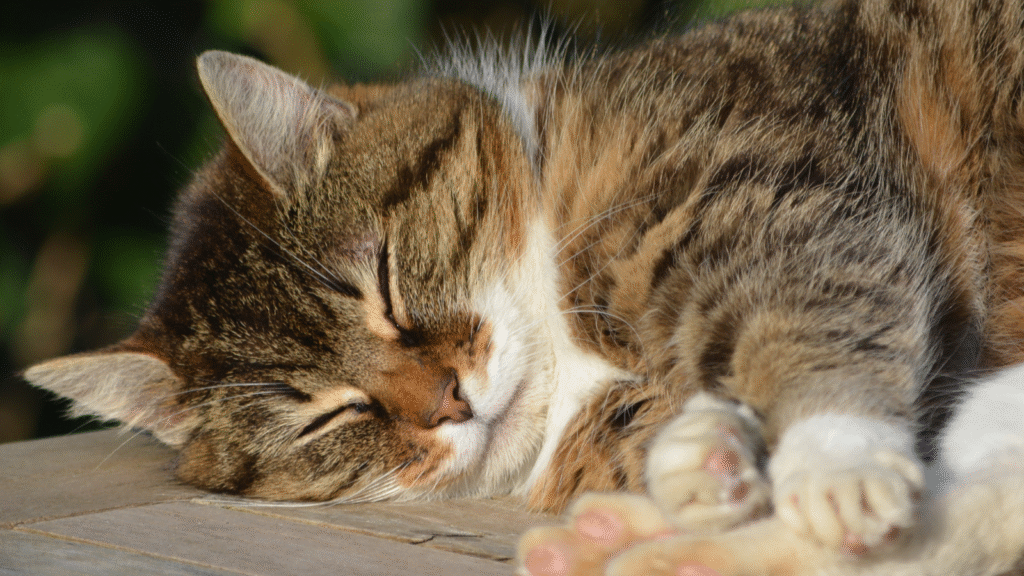Chubby pets may be cute, but extra weight can carry serious health risks. Obesity is a preventable condition affecting many pets today, yet it often flies under the radar until major health problems arise. As we recognize National Pet Obesity Awareness Day this October, Animal Cove Pet Hospital encourages all pet parents to take a closer look at their pet’s weight and understand the risks that come with those extra pounds.
How Do I Know If My Pet is Obese?
Many pet owners don’t realize their pet has gained too much weight until health issues appear. Some signs that your pet is overweight (potentially obese) are a lack of visible waist or tucked abdomen, difficulty feeling ribs without pressing firmly, and panting or breathing heavily after minimal activity. Cats may have difficulty grooming themselves, especially around their back half.
If you would like, you can try using a Body Condition Scoring assessment as a quick body check. These charts are used by veterinarians to determine if a pet is under- or overweight. The World Small Animal Veterinary Association has put together a pet owner-friendly version for dogs and cats.
Health Risks Linked to Pet Obesity
Pet obesity impacts nearly every system in your pet’s body. Carrying too much weight puts pets at risk for chronic diseases and often shortens their lifespan. Many of the most serious consequences of obesity develop quietly, long before symptoms become obvious.
- Joint Problems and Arthritis: Extra weight puts added pressure on joints, which can accelerate the development of arthritis. Overweight pets often experience pain, stiffness, and difficulty moving comfortably, especially as they age.
- Diabetes: Obesity is a leading risk factor for diabetes in pets. Managing diabetes requires daily medication and dietary changes, which can be a costly commitment.
- Heart and Respiratory Issues: Excess fat can affect heart and lung function, especially during exercise or hot weather. Obese pets often tire easily and may breathe heavily even after mild activity.
- Liver Disease: In cats, obesity has been linked to hepatic lipidosis, a dangerous and potentially fatal liver condition.
- Increased Anesthetic Risks: Overweight pets face higher risks during surgery,
I Think My Pet is Overweight. Now What?
Managing obesity after it develops is a matter of weight management. Contact your vet to ask about scheduling a wellness appointment regarding your pet’s weight. At the appointment, the veterinarian will perform a physical exam. They may suggest diagnostics if an underlying medical condition is suspected. Then, the vet will work with you to come up with a weight loss plan for your pet, including food and exercise. If you would like to be proactive, bringing in your pet’s food and treats (or just pictures of the labels) can be very helpful for this discussion.
Weight Management for Obese Pets in Foster City, CA
Obesity may not seem urgent, but its effects are lasting. Early intervention can prevent the expensive, life-limiting consequences of chronic weight gain in pets. Let’s use this October as a turning point. Animal Cove Pet Hospital offers veterinary weight management in Foster City for cats and dogs from San Mateo, Redwood City, Belmont, and nearby California areas. Think your pet might be overweight? Schedule a weight consultation with Animal Cove Pet Hospital.

